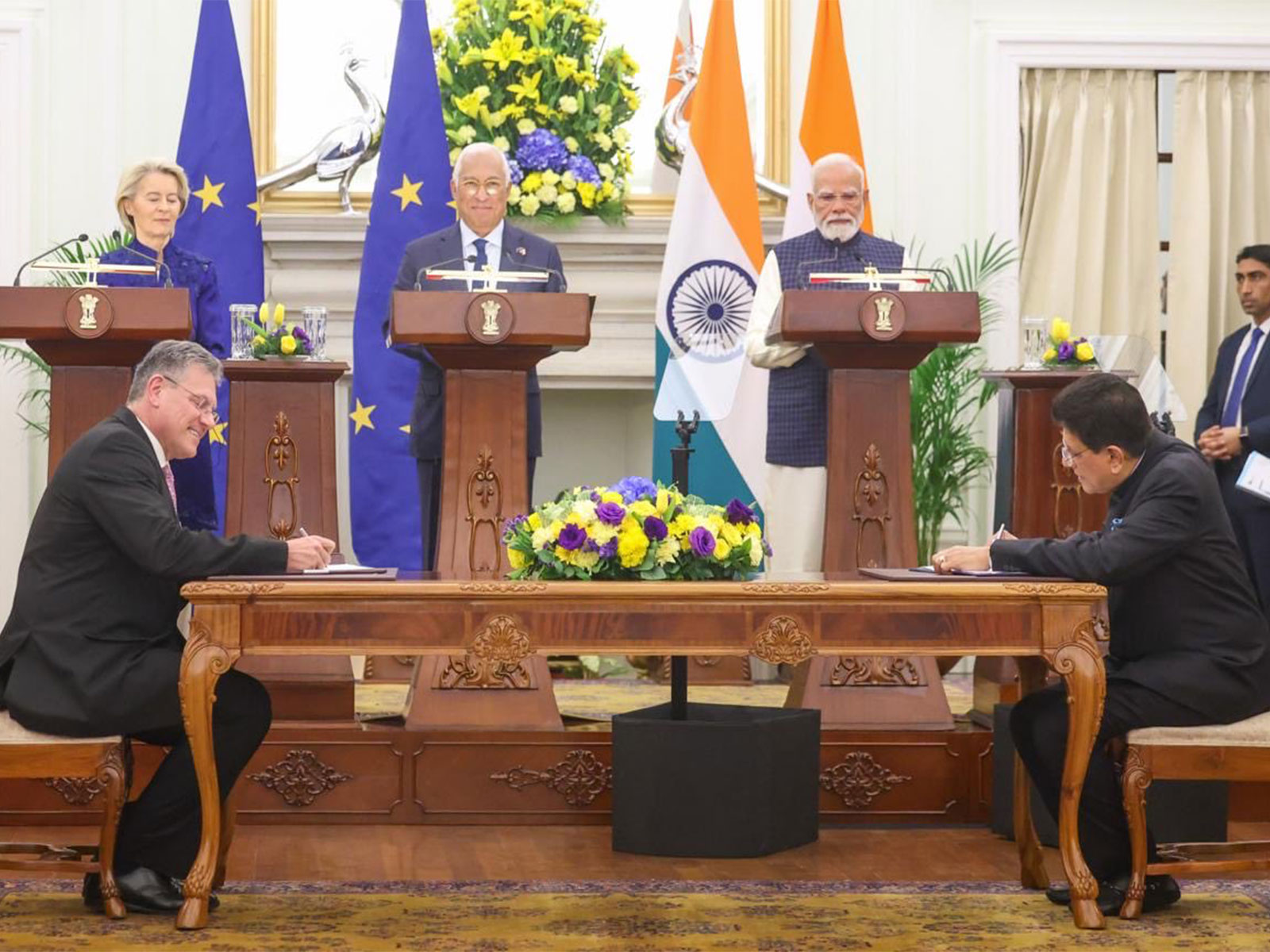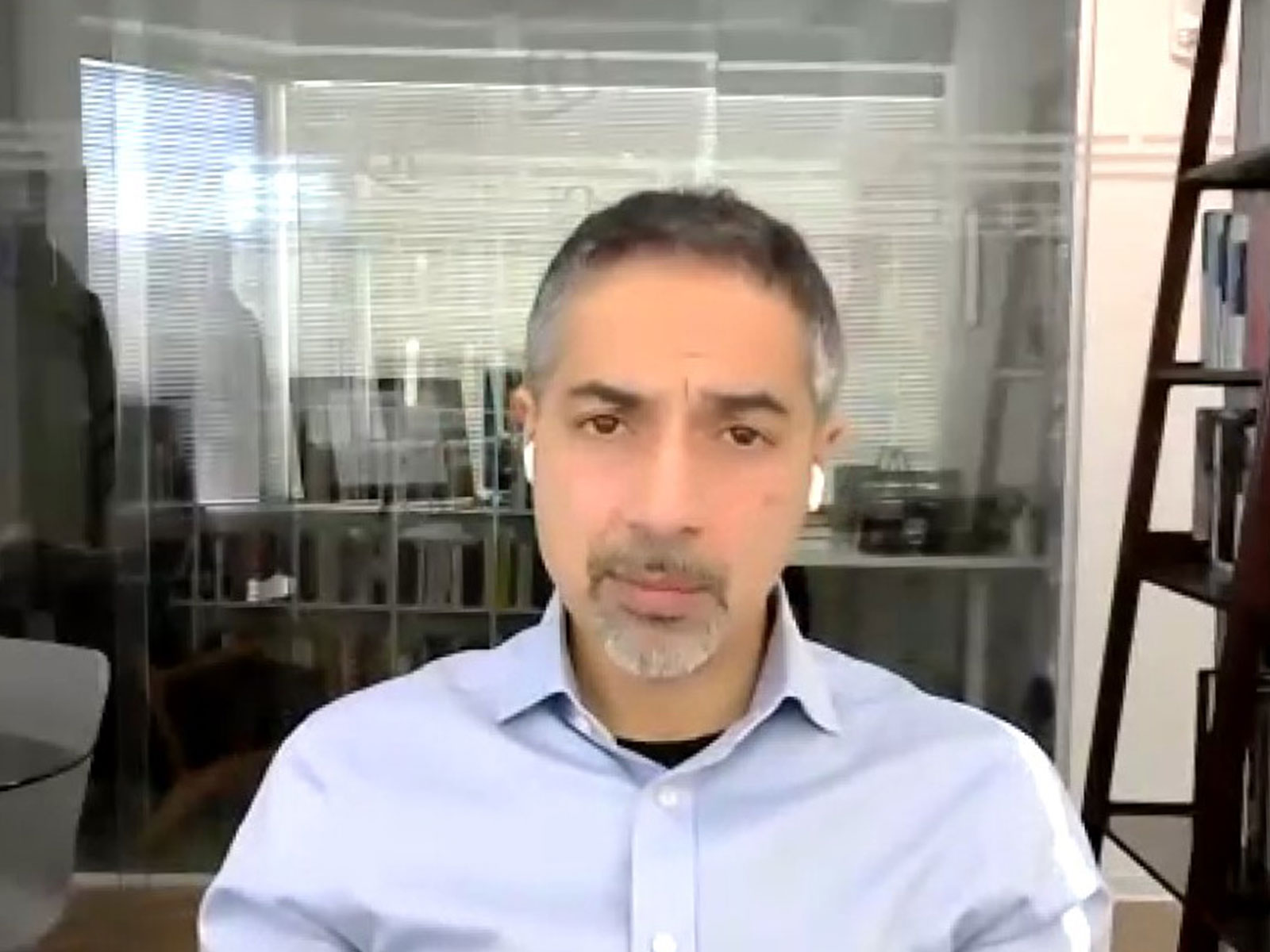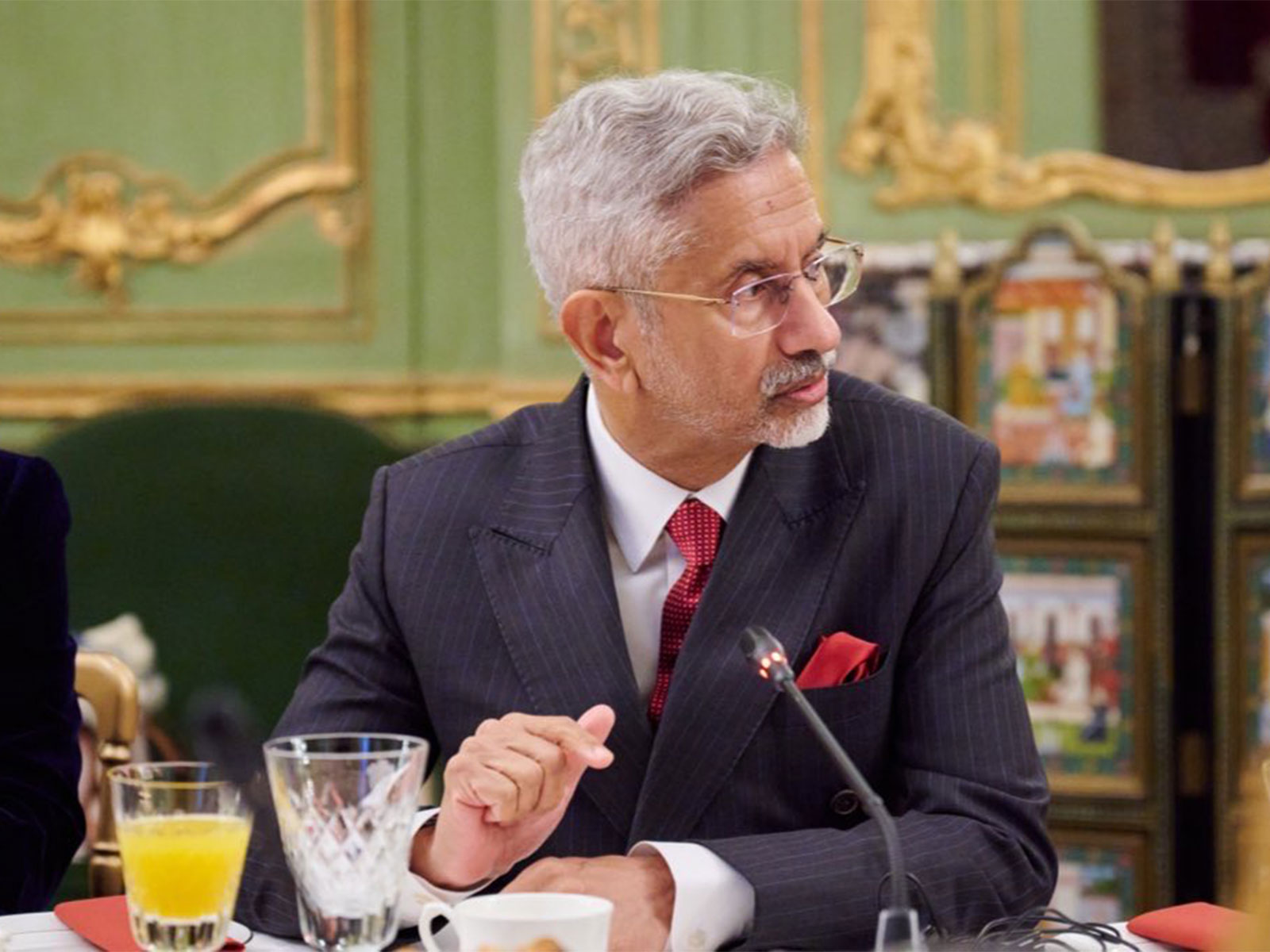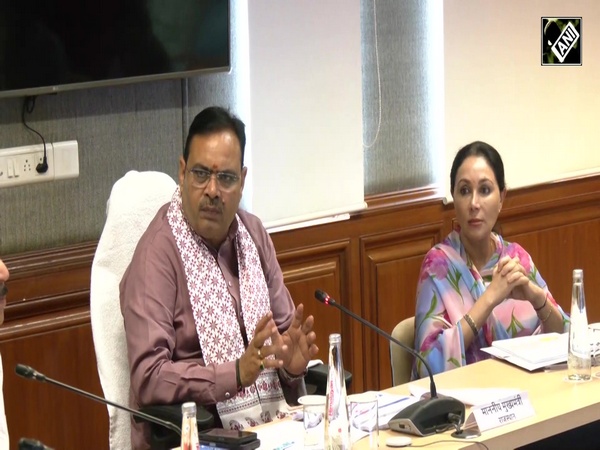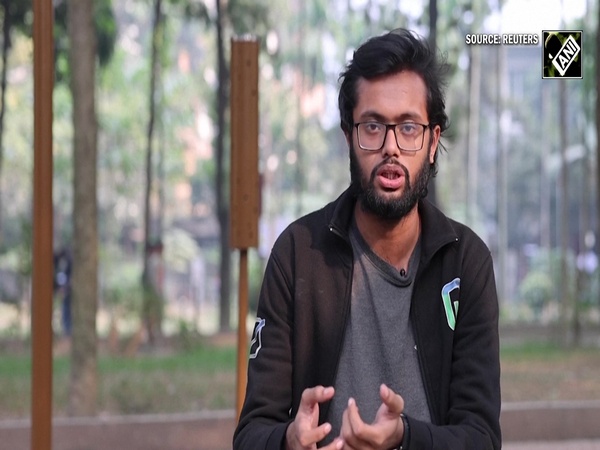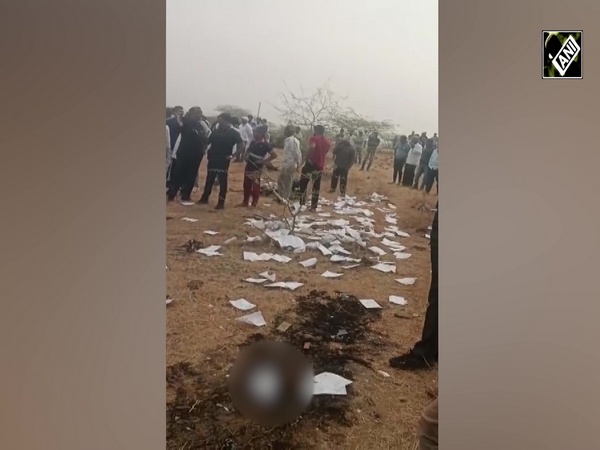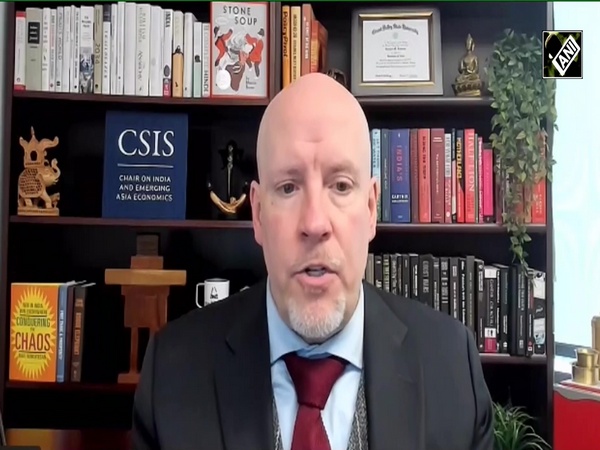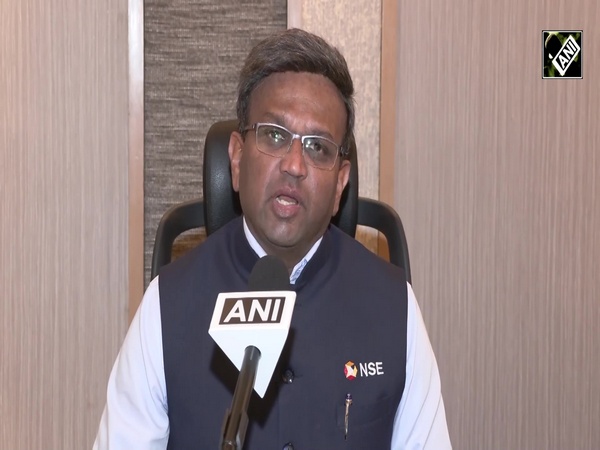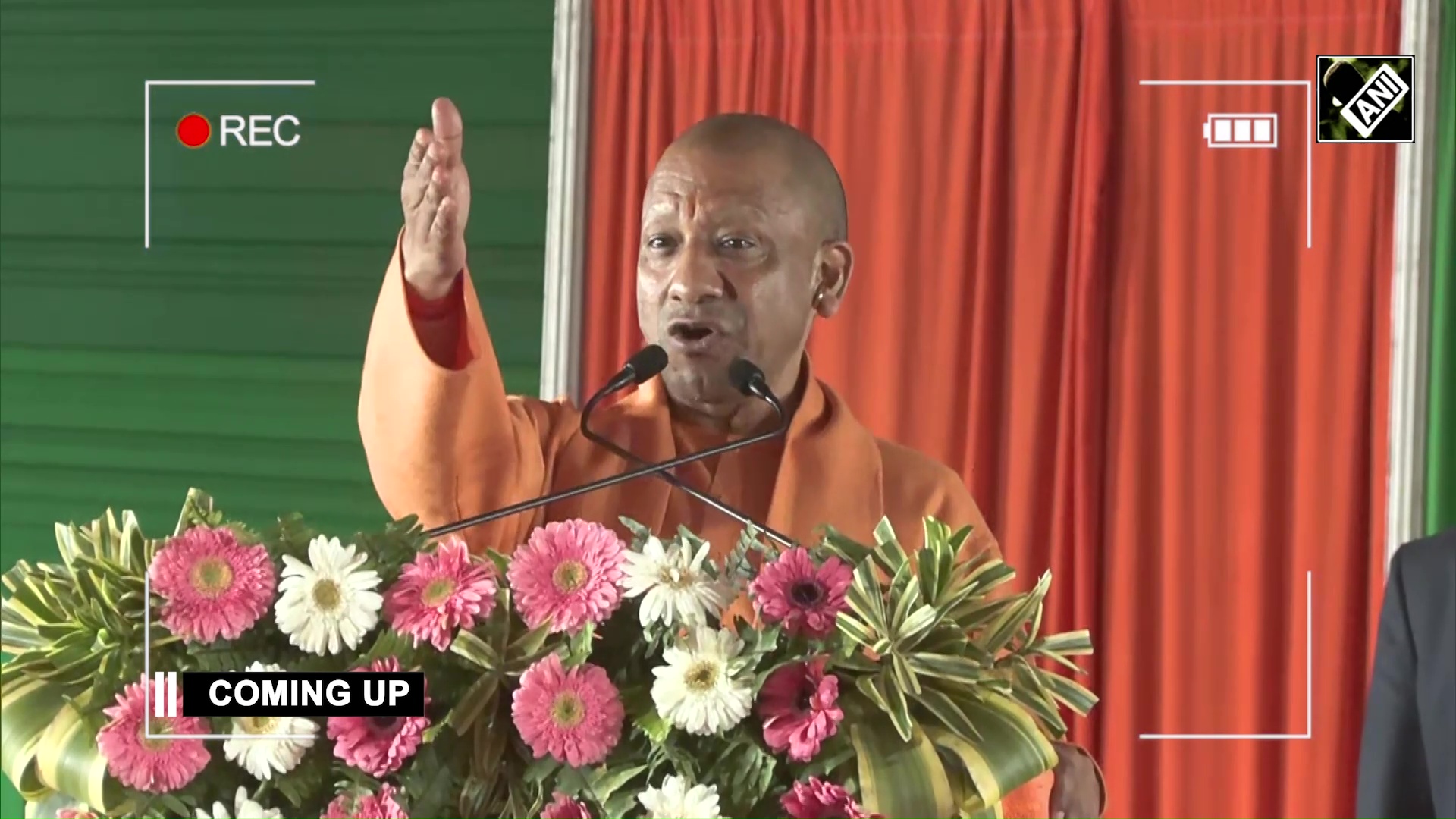Drought fuelled by 'El Nino' pushes Ecuador to declare energy emergency
Apr 18, 2024

Guayaquil [Ecuador], April 18 : Colombia has reduced its electricity exports to its neighbour Ecuador due to a drought exacerbated by the El Nino weather pattern, where an energy emergency has since been declared, Al Jazeera reported.
"Depending on its strength, El Nino can cause a range of impacts, such as increasing the risk of heavy rainfall and droughts in certain locations around the world," US National Oceanic and Atmospheric Administration climate scientist Michelle L'Heureux said in a statement on NOAA's website.
Ecuadorian President Daniel Noboa acknowledged the critical state of the country's energy sector during a speech in Guayaquil on Tuesday and said, "Today we took a strong decision - once again we had to - which is to declare an emergency in the country's energy sector," as per Al Jazeera
Both Colombia and Ecuador rely on hydropower plants to fulfill their energy demands. However, the ongoing drought has caused a significant decline in water levels, impacting reservoirs utilized for electricity generation.
According to Al Jazeera, a certain minimum water flow is necessary to drive the turbines powering hydroelectric plants.
Presently, Colombia's electricity operator XM has reported reservoir levels at only 29.8 per cent of their capacity. Consequently, Colombia has initiated water rationing measures in regions such as Bogota, the capital city.
While speaking to reporters on April 15, Colombia's mining and energy minister, Andres Camacho said that the country was addressing the drought by slowing electricity exports.
"Since Easter week, we limited energy exports to Ecuador. Right now, we are not exporting any electricity," Camacho said.
Ecuador's Minister of Energy and Mines, Andrea Arrobo Pena, issued a statement on Monday addressing the "unprecedented situations" facing the country and the region.
She declared that measures, including power outages and rationing, would be implemented to mitigate the energy shortages.
"The length of the drought, the increase in climate temperatures, the lack of maintenance in the entire electrical system's infrastructure in previous years and the presence of historically low water-flow levels have caused all available management plants to be activated," her department said in a statement.
"Therefore, we make a civic call to all Ecuadorians to support efforts to reduce energy consumption during this critical week, considering that every drop of water and every unconsumed kilowatt counts as we face this reality together."
President Noboa announced on Tuesday, that he had asked Minister Arrobo Pena to resign. He also alluded to corruption and sabotage in the energy sector.
"We have initiated an investigation for sabotage in certain areas and power plants," he wrote on social media.
He pledged to apply "the full weight of the law" to any bad actors discovered during the investigation.
"The problems in Ecuador's energy sector in recent years are not due to a lack of technical proposals, but to a lack of execution and firmness in combating entrenched corruption," Noboa said.
A climate change professor at Bogota's Javeriana University, Camilo Prieto conveyed to the Associated Press news agency that this year's drought is not as severe as some experienced in the past
But, Prieto warned, energy consumption has grown in countries like Ecuador and Colombia, leaving their residents vulnerable to extreme weather patterns brought about by El Nino.
"If demand continues to grow and the energy mix in these countries is not diversified, they will continue to be vulnerable," Prieto said.
